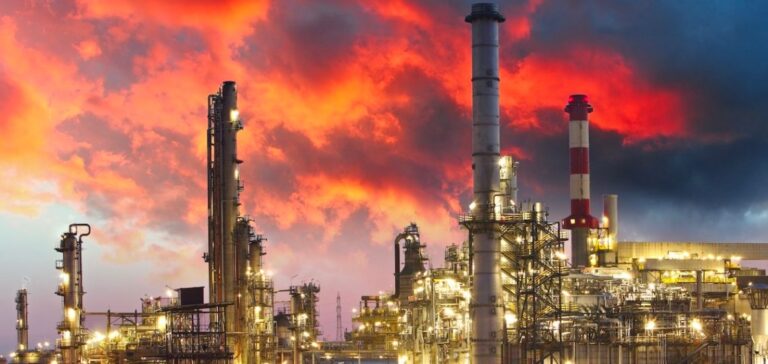Industrial production in Germany fell again in July, especially in energy-intensive sectors, while shortages of intermediate goods continue to weigh, according to provisional figures released Wednesday.
The manufacturing sector, the backbone of Europe’s largest economy, produced 0.3% less output in a month on a seasonally adjusted basis, following a 0.8% rebound in June, according to a statement from the statistics institute Destatis. The latter has revised the June value upwards, initially announced as a 0.4% increase.
Industrial activity has been weakening since the spring in the wake of the Russian army’s invasion of Ukraine.
“Production in energy-intensive industries” such as chemicals or metallurgy “fell considerably” in July, by 1.9% over one month and by nearly 7% since February, Destatis said.
The current explosion in energy prices is forcing a growing number of SMEs to suspend their activities. However, these companies “have been completely forgotten” by the German coalition government, which announced on Sunday a third support plan to deal with inflation, according to Marc Tenbieg, director of the SME lobby in Germany, interviewed on Wednesday by the public channel ZDF.
Nearly one in two companies, 47.5%, also intend to pass on higher costs by raising prices, according to a survey by the Ifo Institute published on Wednesday.
On a year-over-year basis, production fell 1.1% in July, Destatis added. Supply chains remain disrupted as a result of the war in Ukraine and the Covid-19 crisis, resulting in a delay in order processing.
The worst could still come with the “complete” stop of Russian gas deliveries to Germany that the Russian giant Gazprom announced last week under the pretext of technical problems.
Without Russian gas, the value of German GDP could contract by 1.5% in 2022 and 2.7% in 2023, the IMF warned.





















